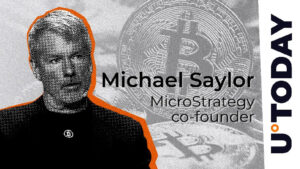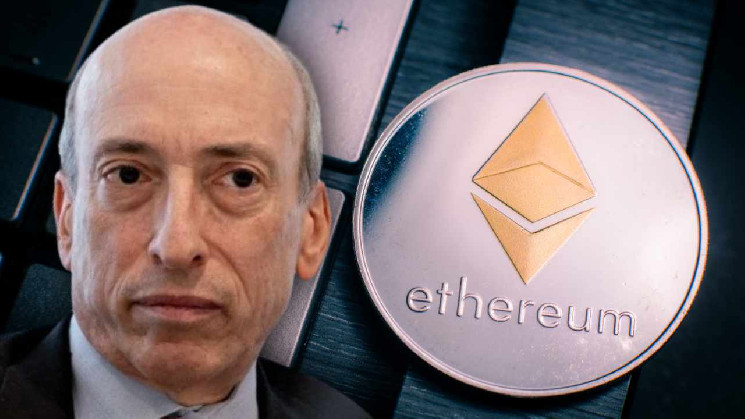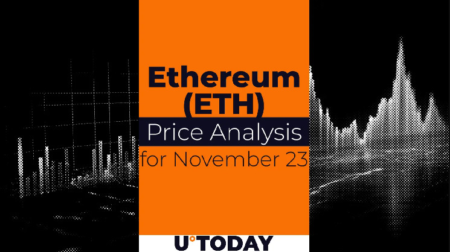Forty-eight U.S. lawmakers have sent a letter to U.S. Securities and Exchange Commission (SEC) Chairman Gary Gensler asking him to clarify whether ether is a security. “The negative repercussions of the SEC implicitly or directly classifying ETH as a digital asset security will cascade throughout the digital asset marketplace both in the short and long term,” they warned.
Congress Members Want to Know SEC’s Classification of Ether
Forty-eight U.S. lawmakers sent a letter to U.S. Securities and Exchange Commission (SEC) Chairman Gary Gensler last week regarding ether (ETH) potentially being classified as a security by the Commission.
In their letter, the Congress members raised concerns about the classification of ether, particularly following an announcement by Prometheum Inc. that its subsidiary would offer custody services for ETH to institutional clients later this month. The letter was signed by 48 lawmakers, including Patrick McHenry, Glenn Thomson, French Hill, Dusty Johnson, Tom Emmer, and Warren Davidson.
They explained that both the SEC and the Commodity Futures Trading Commission (CFTC) “have long-recognized ETH as a non-security digital asset or digital commodity.” In October 2023, the SEC also approved nine exchange-traded funds (ETFs) that provide exposure to ETH through CFTC-regulated ETH commodity futures products. However, the lawmakers told Gensler:
Despite this history of recognizing ETH as a non-security digital asset, you have consistently refused to acknowledge that ETH is not a security.
The letter highlights that in a March 2023 testimony before the House Committee on Financial Services, Gensler declined to answer multiple questions about whether ETH should be considered a commodity. They expressed concern that the SEC chairman’s unwillingness to clarify the treatment of ETH exacerbates the confusion and uncertainty regarding its classification, as demonstrated by the Prometheum announcement. “Your unwillingness to identify which digital assets are so-called digital asset securities has sown confusion even for SEC-regulated entities,” the letter stresses.
“The regulatory treatment of ETH is not solely a matter of importance to the SEC, it directly implicates the CFTC and the commodity futures markets, as well,” the lawmakers described.
They outlined the potential impact of the SEC classifying ETH as digital asset security, noting that it could restrict CFTC-registered commodity derivative exchanges from listing and offering ETH futures. This change “could have significant implications for existing ETH market participants,” they noted. Additionally, they emphasized that such a classification could result in market participants losing access to a vital risk management tool, risking existing approved ETFs and causing price disruptions. Moreover, the Congress members warned that this classification could lead to violations of securities laws by existing CFTC-registered entities and registrants offering security futures products without proper registration. They detailed:
The negative repercussions of the SEC implicitly or directly classifying ETH as a digital asset security will cascade throughout the digital asset marketplace both in the short and long term.
The lawmakers then asked Gensler a series of questions regarding the SEC’s classification of ether. For example, one question asked whether ETH is considered a digital asset security. Another inquired about the SEC’s determination process and timing regarding ETH’s classification as a digital asset security. Additionally, they asked whether the SEC believes that CFTC-registered commodity derivatives exchanges and futures commission merchants are violating federal securities laws by trading in ETH derivatives. “We appreciate your attention to these critical matters and look forward to your response no later than April 9, 2024,” the letter concludes.
What are your thoughts on SEC Chair Gary Gensler’s refusal to answer questions about whether ether should be classified as a security or a commodity? Let us know in the comments section below.
Read the full article here









